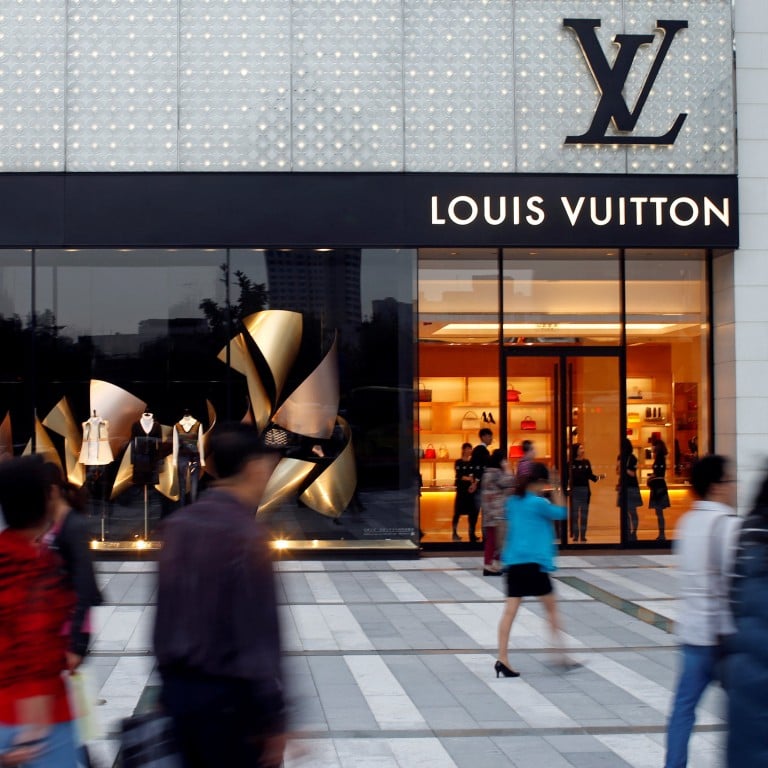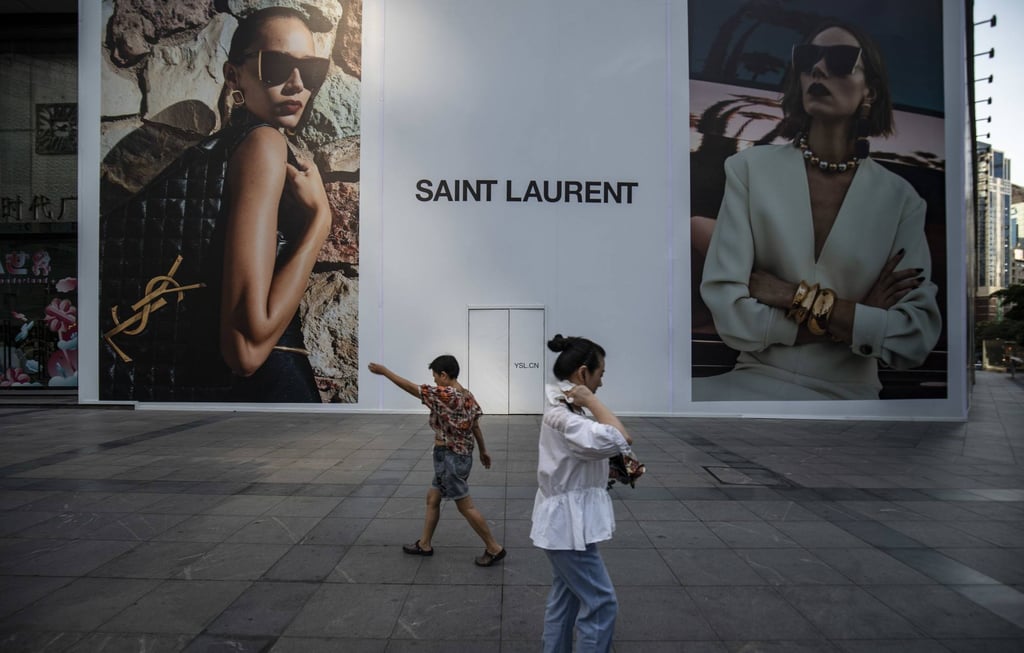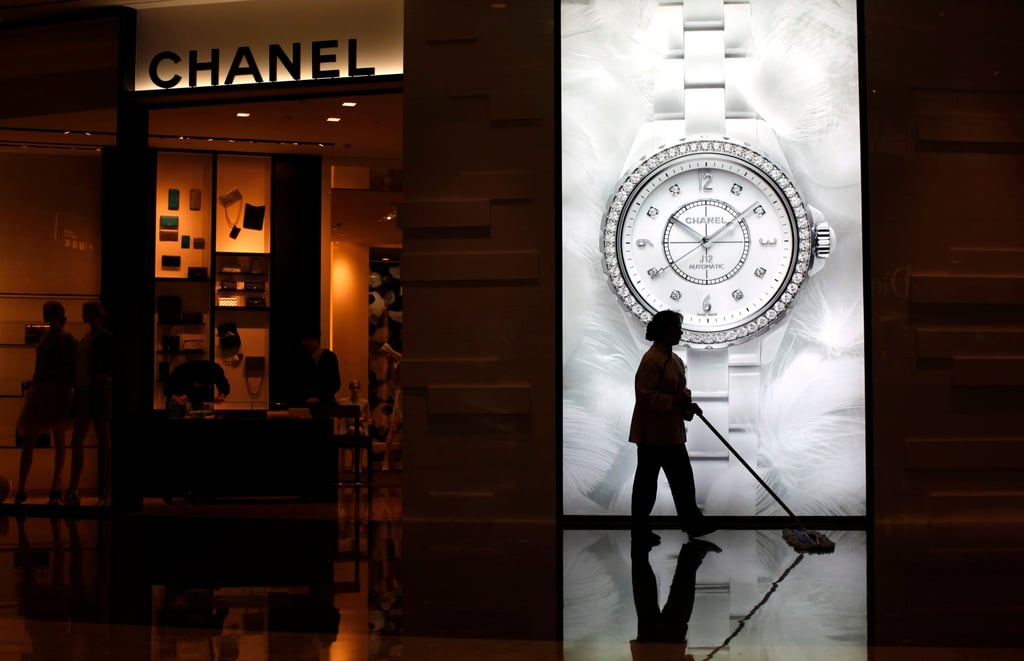Why is China obsessed with luxury brands? Status-conscious buyers still covet Hermès, Chanel, Dior and Louis Vuitton – and scholars say it’s because of the absence of traditions and rapid urbanisation

- Desmond Shum’s contentious new book Red Roulette claims that China’s luxury boom stems from buyers’ quest for ‘identity’ in the of absence religions and traditions eroded by the CCP
- Scholars argue that rapid urbanisation and consumerism did more to fuel China’s luxury goods obsession, as mature buyers use brands like Hermès, Chanel and Dior to project worldliness
Consider this: the country’s luxury market is set to hit 816 billion yuan, or US$115 billion, by 2025. That’s a quarter of the global total, according to a February report by accounting firm PwC.
In comparison, the US and Europe could each represent 22 per cent and 23 per cent of the global luxury market by 2025, PwC wrote in the report.

Traditions provide identity. As CCP has destroyed Chinese traditions, luxury brands step in to provide that
Behind the country’s luxury boom is Chinese buyers’ quest for “identity” in the absence of traditions, says Desmond Shum, the author of a contentious book titled Red Roulette, An Insider’s Story of Wealth, Power, Corruption and Vengeance in Today’s China.

In a lengthy tweet on Friday, Shum – whose rags-to-riches story “vaulted him into China’s billionaire class” according to the book’s blurb – said he spoke with an unnamed “leading authority of global luxury industry” who shared insights about China’s love for all things luxury.
“He said China is the most fertile ground for luxury brands. Because CCP has destroyed traditions, religions in China, and Chinese are socially competitive and status-conscious,” Shum wrote. “Traditions provide identity. As CCP has destroyed Chinese traditions, luxury brands step in to provide that,” he further wrote, citing the unnamed expert. “That bag tells themselves and the society around who they are.”